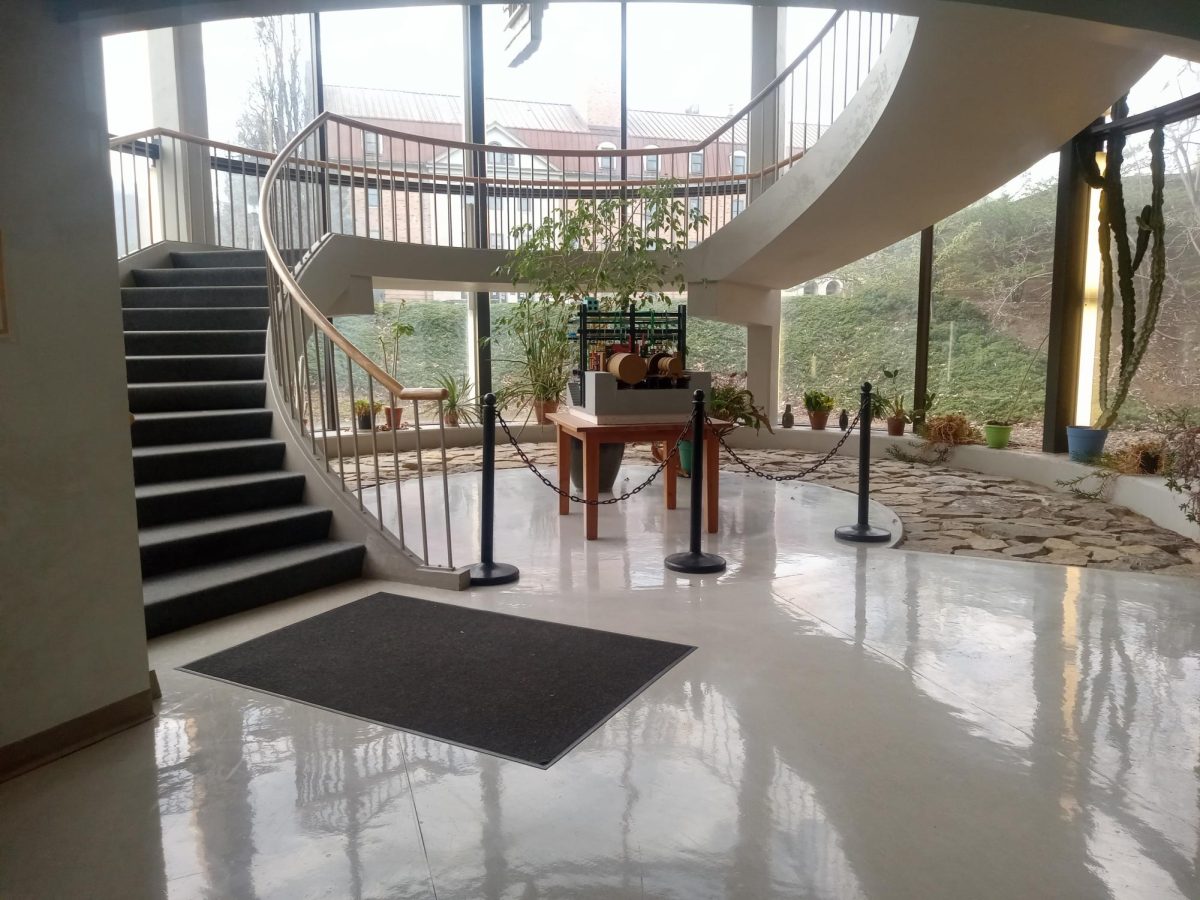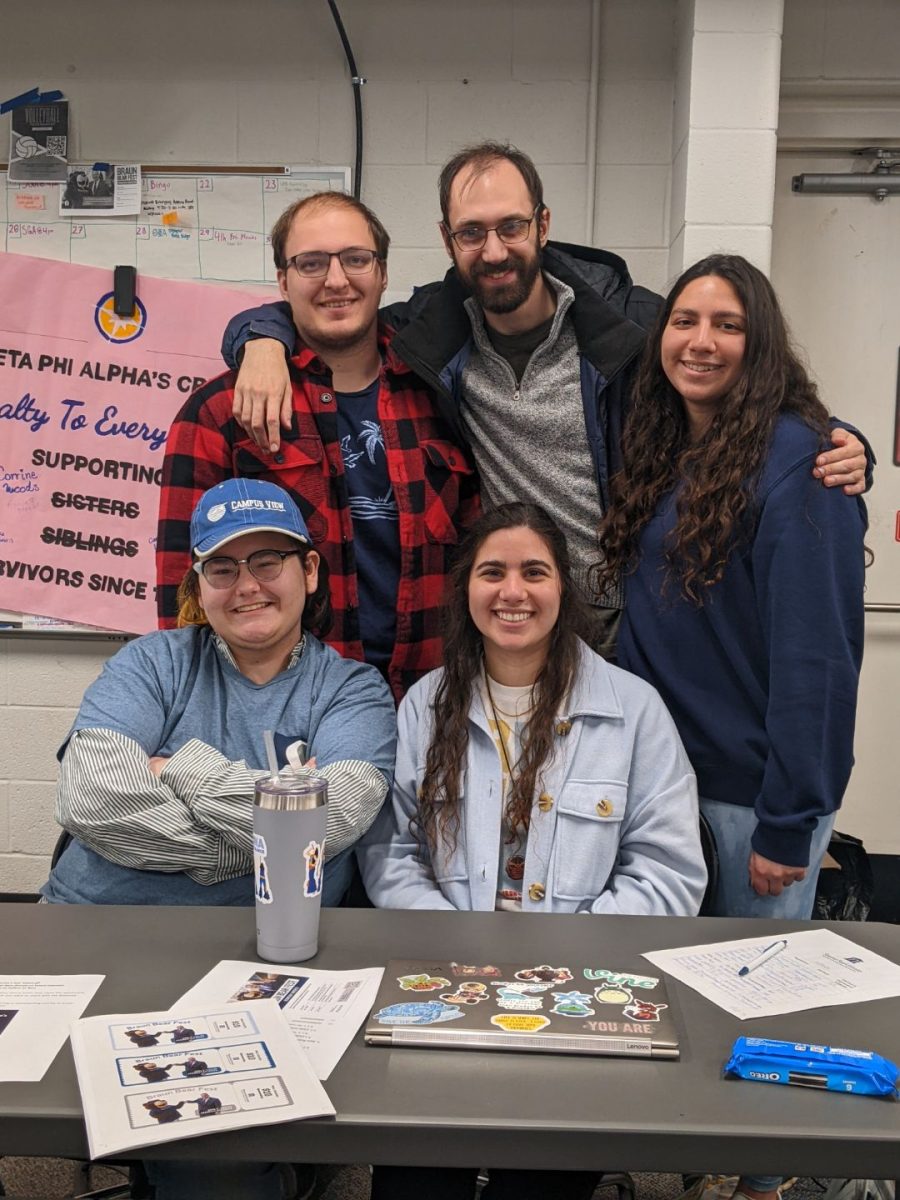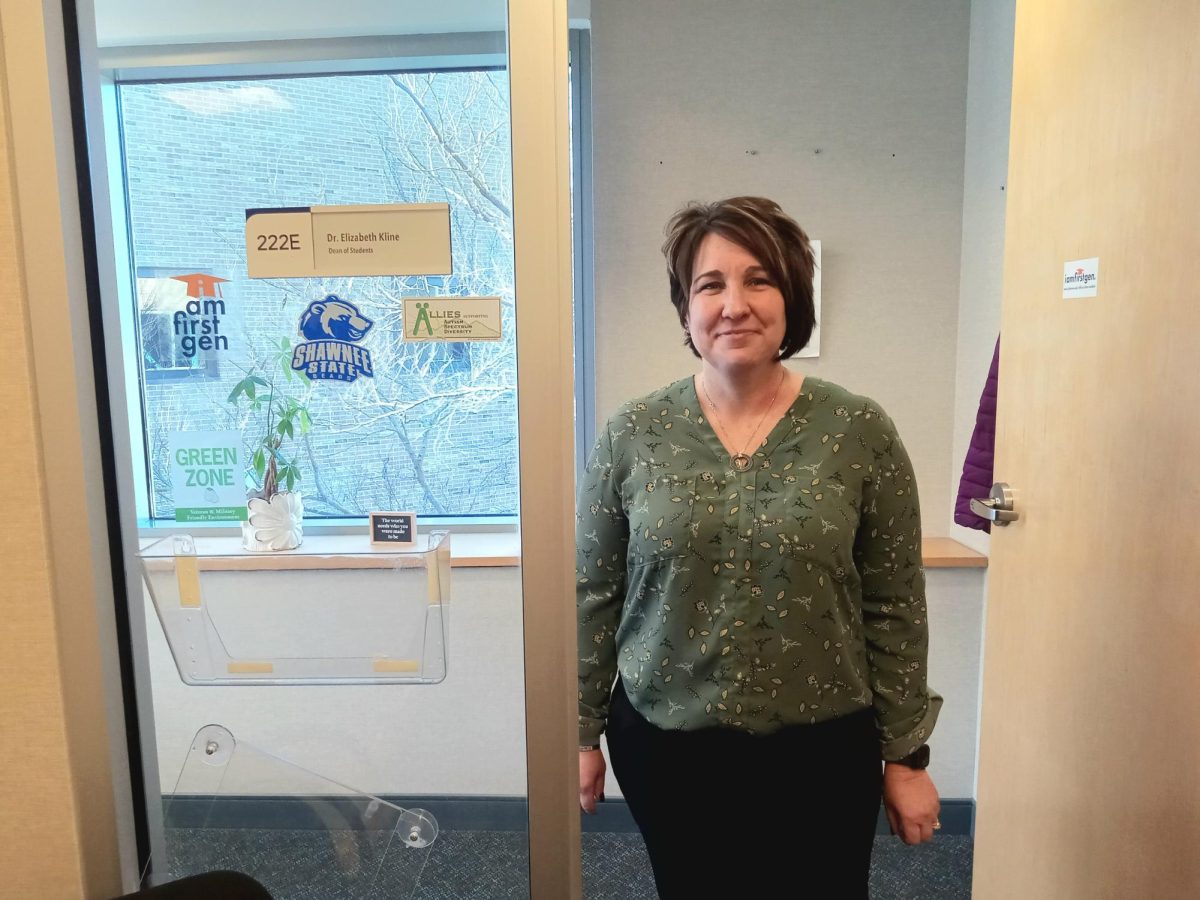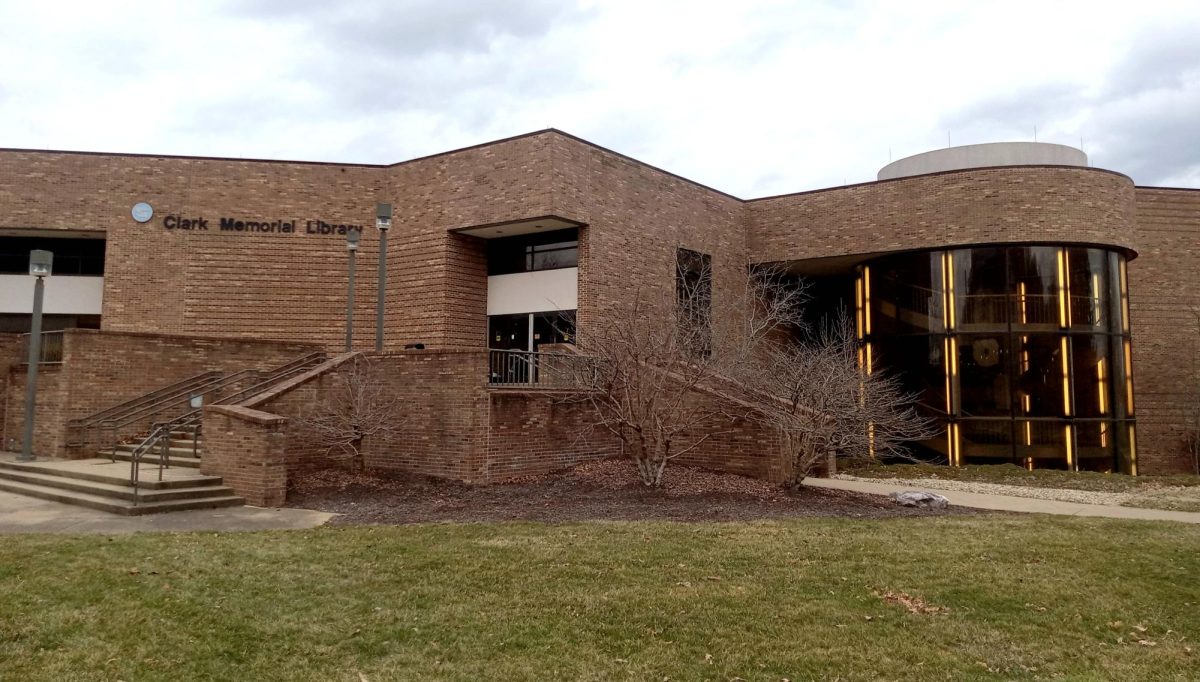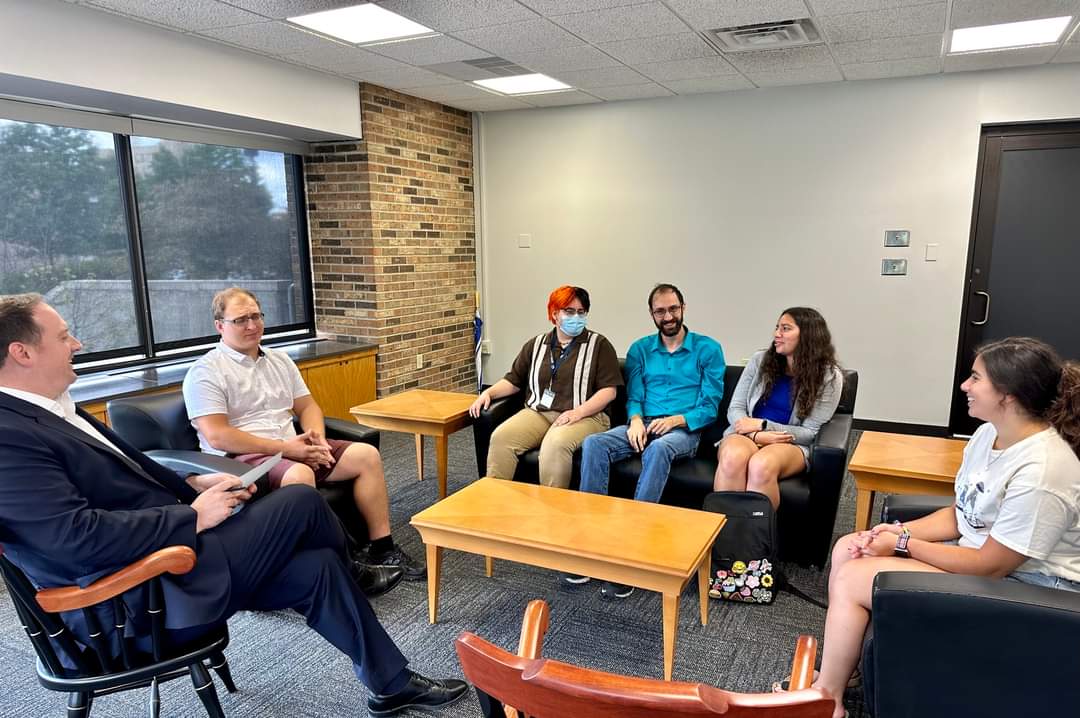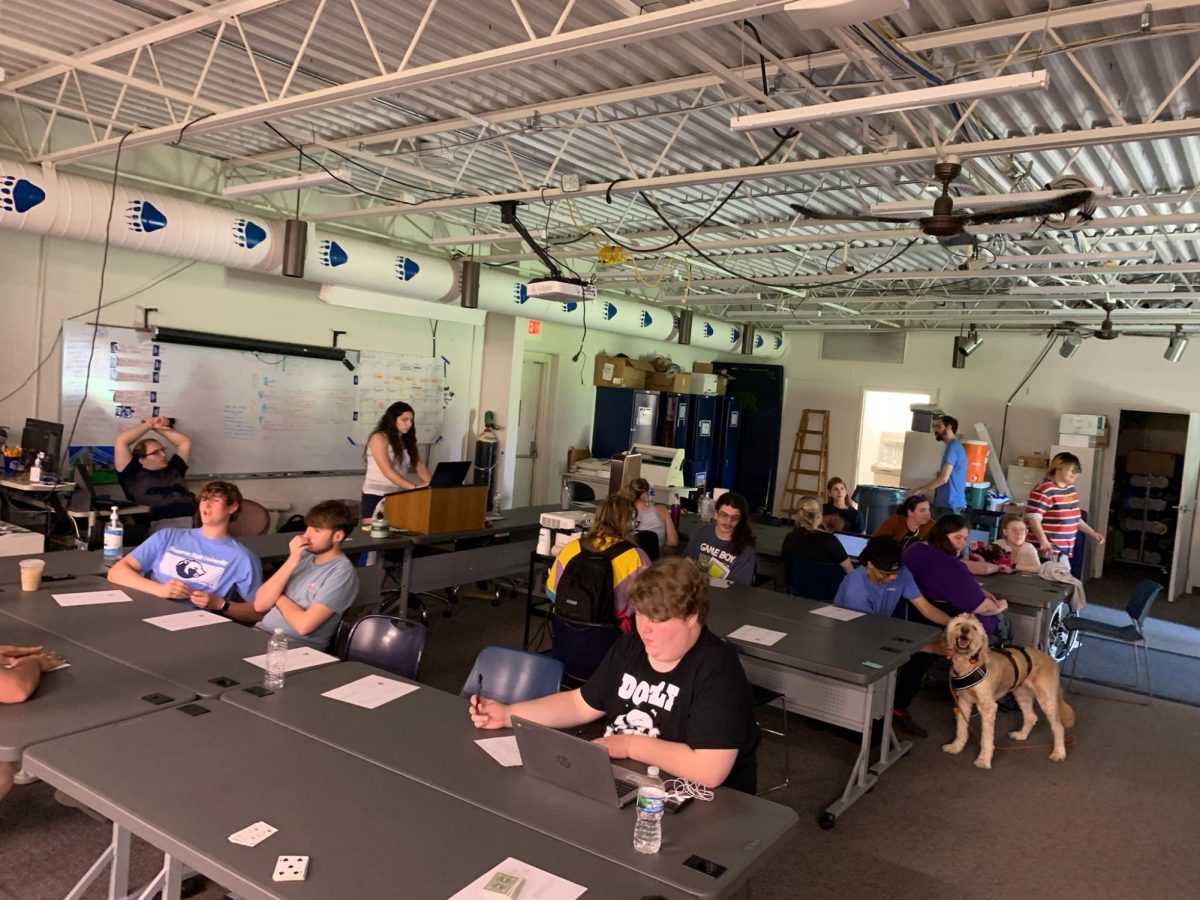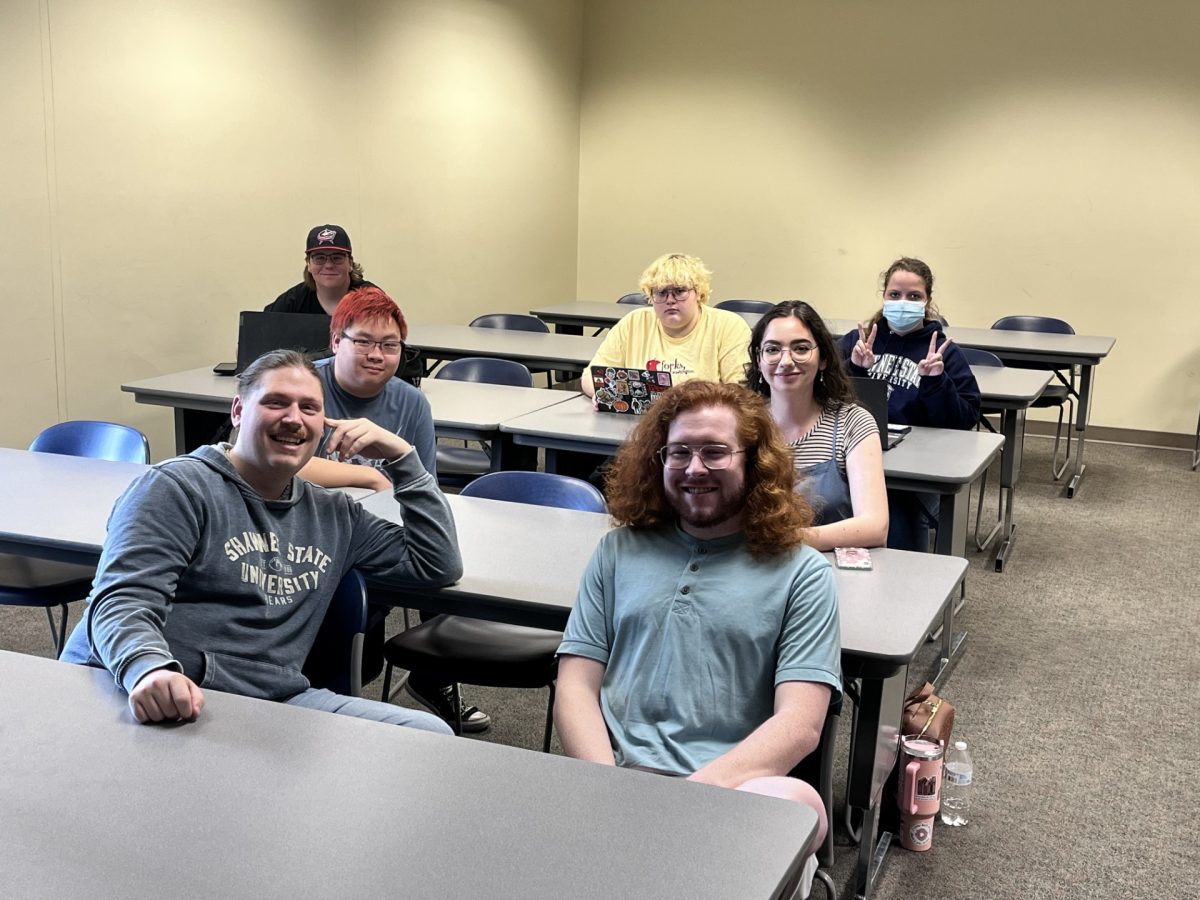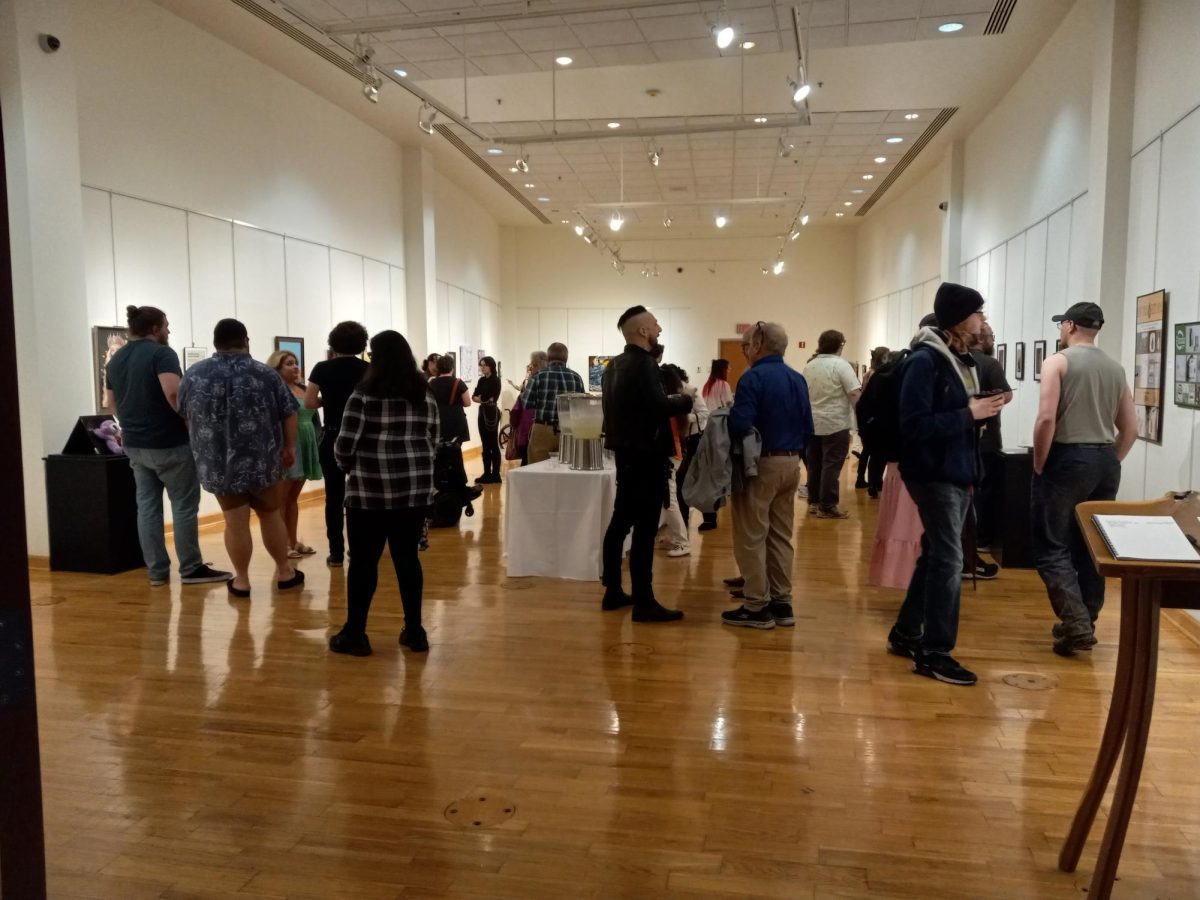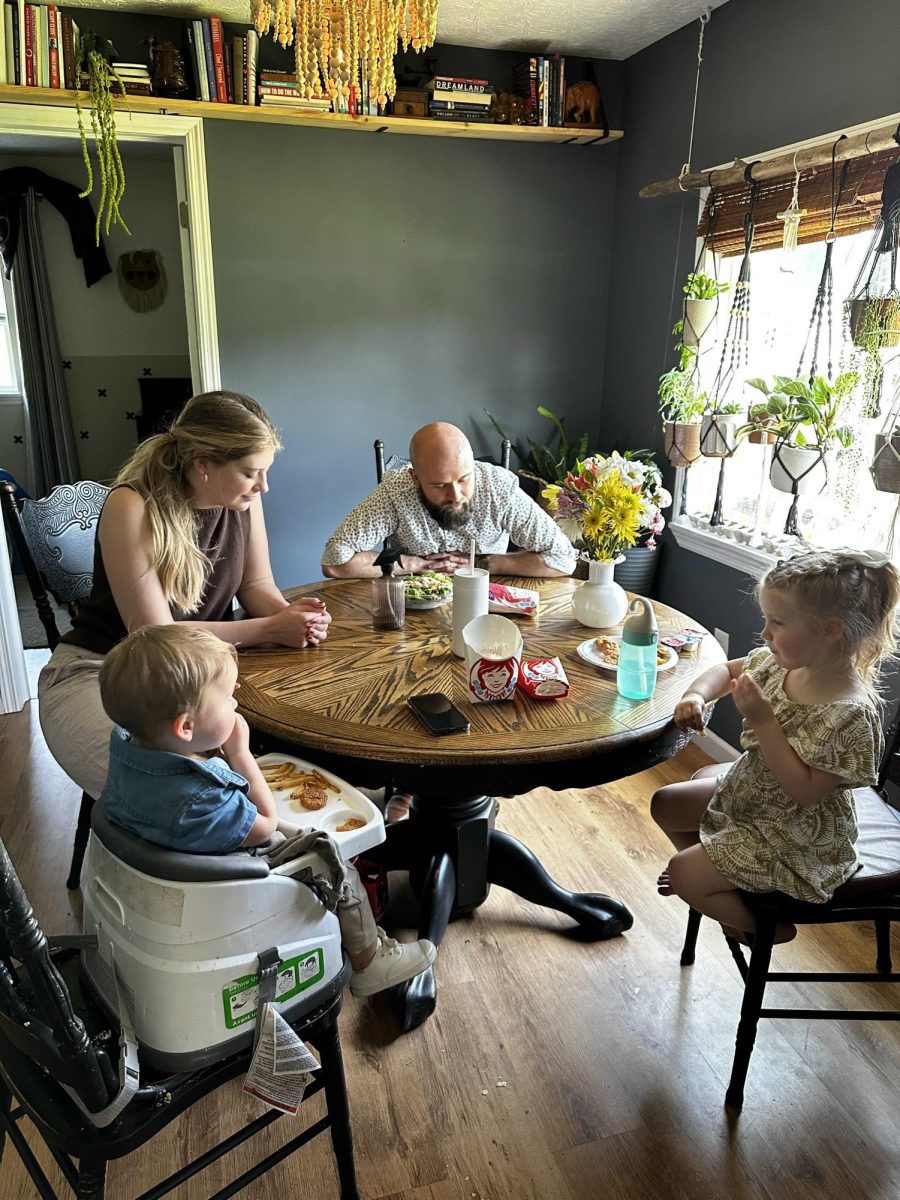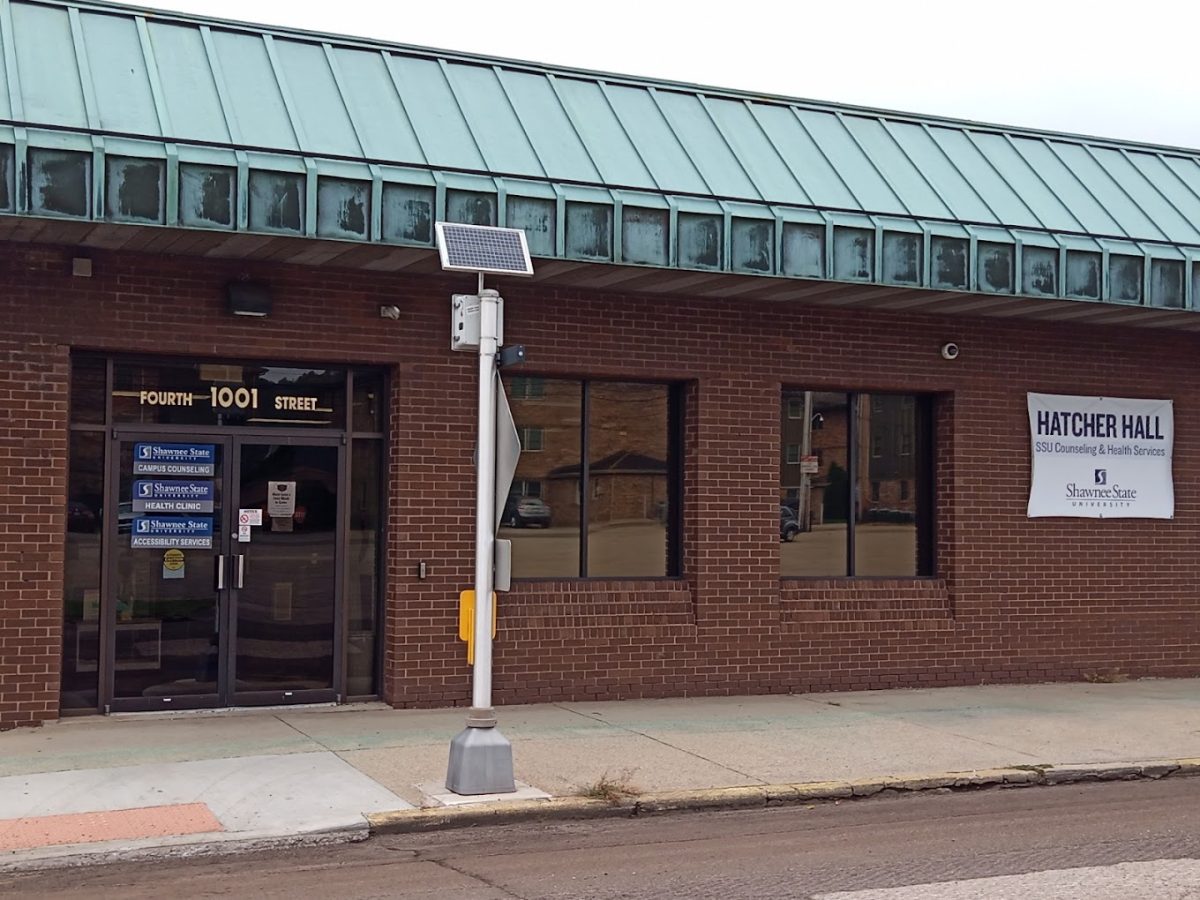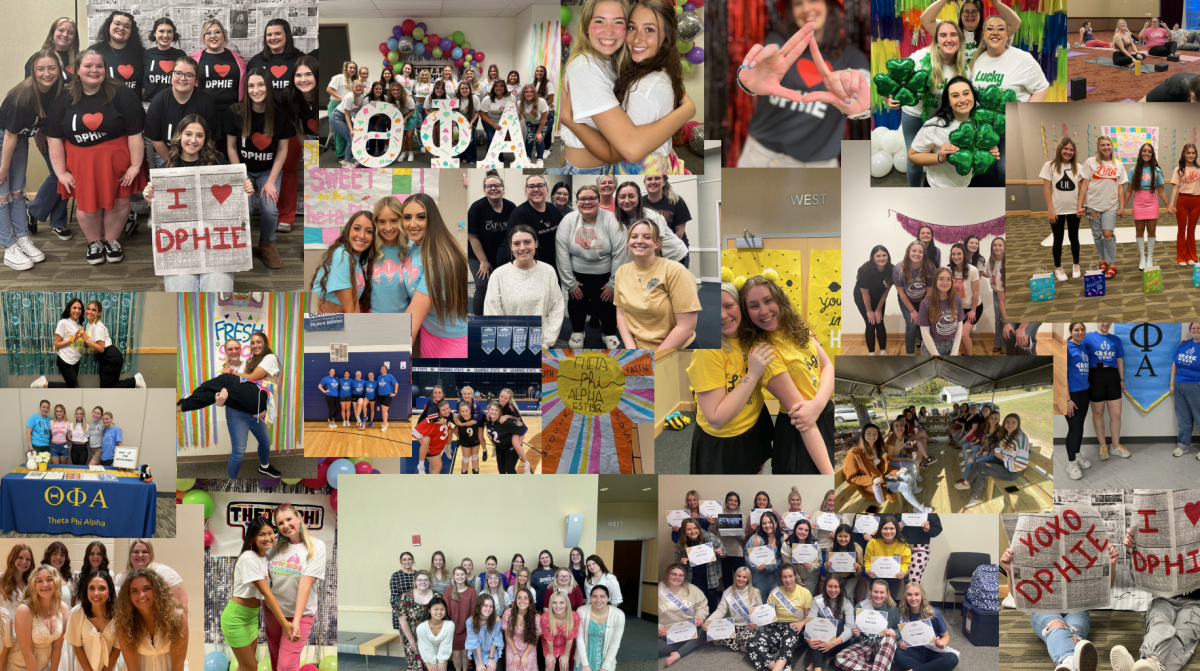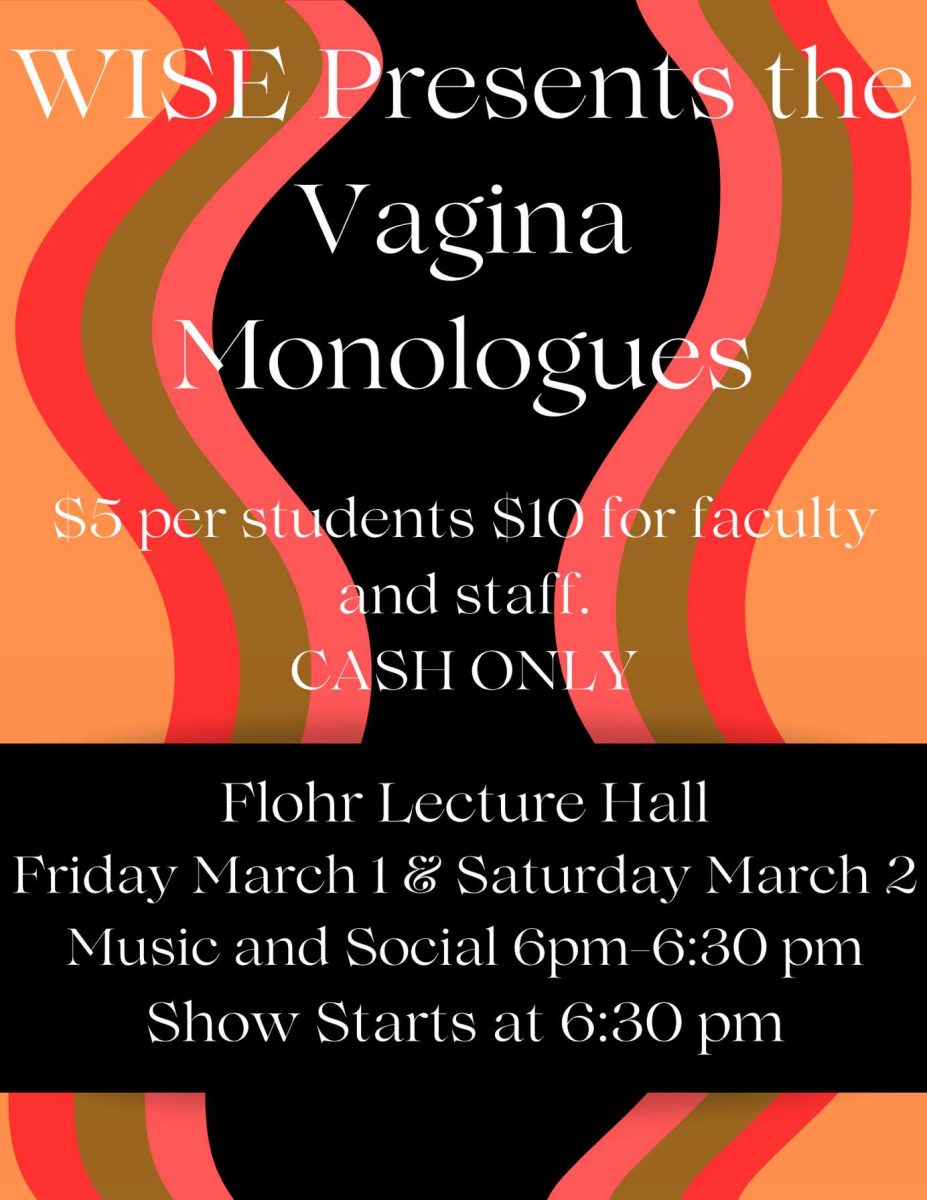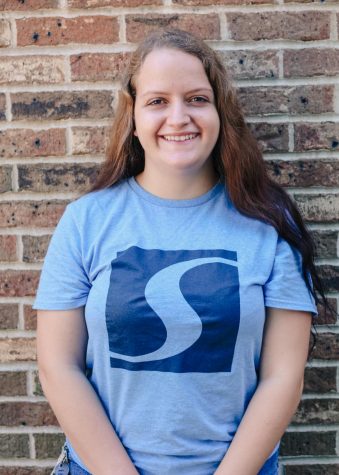Only a few days remain before finals week at SSU. Some students are registering for classes while others are readying themselves for graduation, but all are working toward the final push before the semester ends. Studying is an important part of passing any exam, and three students recently shared their study habits with The Chronicle.
Emma Stevens, a freshman in the studio arts program, said that in elementary school she learned “classic things that everyone knows,” such as “studying before bed, or chewing gum and turning your cell phone off to stay focused.” She also referenced mnemonic devices, such as PEMDAS (parenthesis, exponents, multiplication, division, addition, subtraction), and how similar tools and music are helpful with memorization. Stevens said that she was never taught much about college readiness when in school, and that the educators in her College Credit Plus classes said to “always do your work and don’t waste time making new friends.”
A game and simulation arts major and SSU senior, Nicholas Wolcott shared that he “was taught how to take proper notes and how to review for tests in a timely manner.” While he retained the basics of these strategies, he explained that he still tended to miss lecture details while writing notes down. Overall, he said, “I have lost some of the skills, but I have a small amount left.” As for college preparedness, Wolcott said his school did not prepare him “as much as it could have.”
“However,” he noted, “it helped me understand the importance of due dates and that a single zero can ruin a grade.”
Ben Wade, an information security major and senior at SSU, simply explained that he too learned a variety of study skills in high school like notetaking, but otherwise struggled with retaining and utilizing those techniques. When asked about how his school prepared him for college, Wade said that the most basic methods “somewhat” prepared him. However, he elaborated that studying using those skills has been ineffective throughout his college career. Wade changed his major during his sophomore year and stated that, despite his ability to maintain good grades, studying has been more of a hindrance in both of his degree programs.
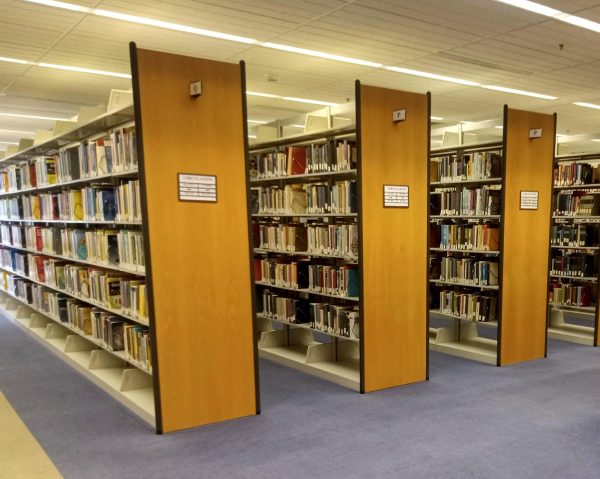
Studying is often regarded as one of the more difficult aspects of higher education, and that perspective is only further exaggerated by a lack of education surrounding study skills earlier in a student’s development. There are a variety of barriers to teaching study skills, such as a lack of resources, curriculum restrictions or the simple assumption that students either already know what they are doing or will be able to figure it out on their own. While many of these examples are understandable in the current education system, they also add to students’ barriers to learning.
Stevens said that the barrier to studying she experiences most is finding a quiet place to study alone.
“If I have friends around, I will get distracted,” she said, “but from time to time I step over my own barrier and have people around to motivate me.”
Wolcott and Wade both expressed that time was a significant barrier for them.
“Sometimes things are too hectic and cramped for time, and I am unable to get a good review in time for important exams,” Wolcott said. “Instead, I have to spend more time on projects or homework that are more important at the moment.”
He explained that his current study routine is often “in-the-moment problem-solving,” which includes either a few hours or a few days of reviewing for exams. Wade added that, sometimes, it is unclear what information he should study for exams and projects.
SSU offers a variety of resources that can potentially help students through studying barriers, such as the Bear Cave. The Bear Cave is a resource in the Clark Memorial Library in which students can study or use computers and printers. Similar to the quiet floor in the CML, the Bear Cave is quiet at all times so students may focus. It is open 24/7 for students and requires a student ID card to access.
Stevens highlighted the Bear Cave as a campus resource that helps her with studying.
“I’m able to go in there and do my work at any time because it is always open, 24/7, and it’s a nice quiet place to go study or to get last-minute papers printed.”
Students have a wide variety of study spaces available to them, including several lounges around campus and even private study rooms.
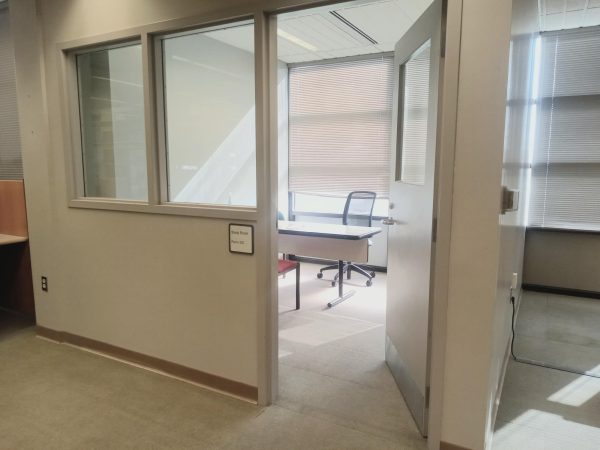
In addition to discussing studying environments, Wolcott and Wade reflected on the quality of their studying and explored ideas of how to improve it. Wolcott described how the hectic feeling he experiences while balancing several high-stakes assignments could be potentially relieved by “crisis mode counseling.” He said it would be ”interesting” and “helpful” to have someone show him “how to salvage a bad situation instead of breaking down and making it worse. That knowledge would have helped me many times.”
“Studying is a skill that is no longer taught properly, but is instead a skill that must be learned secondhand,” Wade said. He explained that on-campus tutoring services such as the Math Lab or the Writing Center help ease some of his tension, though they are not capable of addressing more deep-rooted issues with education and studying. Wade expressed a desire for more opportunities to interact with fellow students as well as transparent communication with professors.
“Students should not have to fear asking questions,” he said, especially in the case of needing clarification for assignments or registration procedures.
Stevens, Wolcott and Wade all described interpersonal communication as something they needed to make studying easier for them. Whether it was friendship, counseling or collaborative environments, human interaction was the most consistent element that each student said helped them to study more effectively.
While Stevens, Wolcott and Wade expressed varying degrees of satisfaction with studying practices, their responses indicated that some change is necessary to help improve student experiences and educational success.
